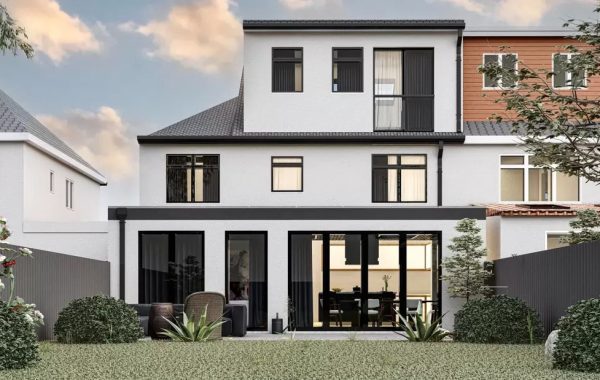Richmond Single-Story Extensions: Enhancing Your Home’s Value and Lifestyle
Richmond, with its picturesque landscapes and historic charm, is a highly desirable location for homeowners. A single-story extension can be a transformative addition to your Richmond property, offering increased living space, improved functionality, and enhanced property value. In this comprehensive guide, we’ll explore the benefits, considerations, and process of adding a single-story extension to your Richmond home.
Why Choose a Single-Story Extension?
- Increased Living Space: A single-story extension provides a practical way to expand your home’s living area without the complexities of multiple floors.
- Enhanced Property Value: A well-executed single-story extension can significantly increase the value of your Richmond property, making it a worthwhile investment.
- Improved Functionality: Whether you need a larger kitchen, a spacious family room, or additional bedrooms, a single-story extension can be tailored to your specific needs.
- Harmonious Integration: With careful planning, a single-story extension can seamlessly blend with the existing architecture of your Richmond home, preserving its character and appeal.
Planning Your Single-Story Extension
- Define Your Goals: Determine the primary purpose of the extension, whether it’s for living space, entertaining, or specific functional needs.
- Consider Your Budget: Set a realistic budget, factoring in construction costs, materials, permits, and potential design fees.
- Explore Design Options: Work with an architects or designer to explore various design options that align with your vision and the unique features of your Richmond property.
- Obtain Necessary Permits: Research and apply for the required planning and building permits from your local council.
- Choose a Builder: Select a reputable builder with experience in single-story extensions in Richmond, ensuring quality workmanship and adherence to building regulations.
Common Single-Story Extension Types
- Rear Extension: The most common type, extending the rear of your home to create additional living space, often including a new kitchen or dining area.
- Side Return Extension: A narrow extension to the side of your property, typically used to create a hallway or access to a rear garden.
- Orangeries: A popular choice for Richmond homes, combining the features of a conservatory with a traditional extension for a bright and airy space.
Design Considerations for Richmond Homes
- Local Architectural Style: Consider the architectural style of your Richmond home and ensure your extension complements its character.
- Natural Light: Maximize natural light by incorporating large windows and skylights, especially in rear extensions.
- Energy Efficiency: Choose energy-efficient materials and insulation to reduce your carbon footprint and lower energy costs.
- Garden Integration: Design your extension to seamlessly connect with your garden, creating a harmonious indoor-outdoor living space.
Conclusion
A well-planned single-story extension can be a transformative addition to your Richmond home, enhancing its value, functionality, and overall appeal. By carefully considering your goals, budget, and design options, you can create a space that perfectly suits your lifestyle and complements the unique character of your Richmond property.





